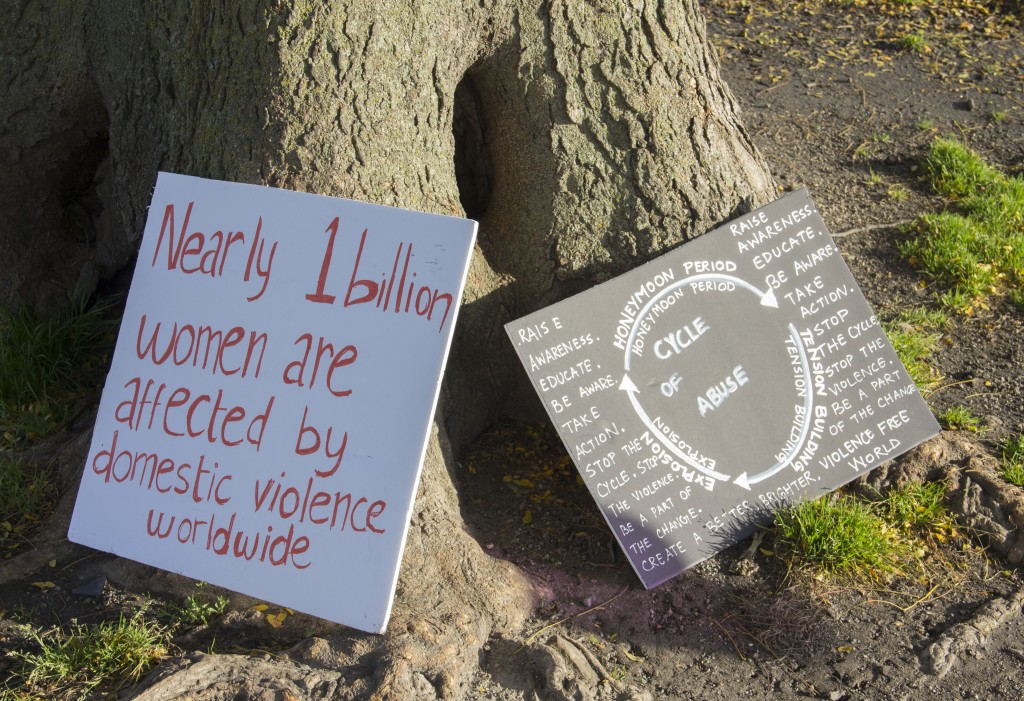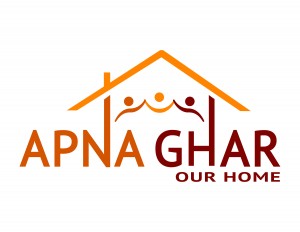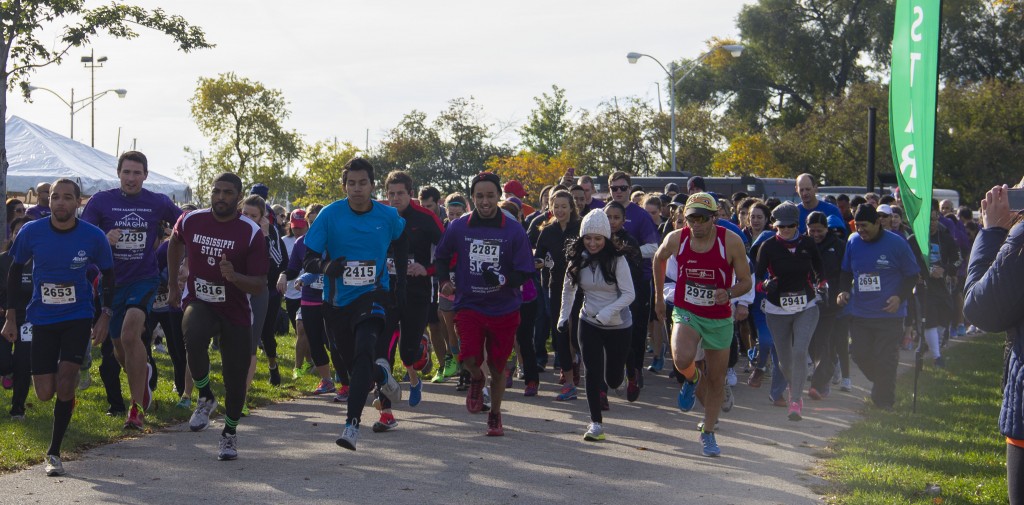Meghna Bhat, Chicago, USA, SSH Blog Correspondent
 This story occurred in the early to mid-1990s, when I was a middle school student in Mumbai (India). I overheard my parents talking in the kitchen about one of their friend’s daughter. I remember this akka (means ‘elder sister’ in Konkani language), then in her early twenties, was independent, educated, intelligent, assertive and compassionate. She was going to be married in a few months to this this guy, a well-established doctor and a permanent resident living in the United States.
This story occurred in the early to mid-1990s, when I was a middle school student in Mumbai (India). I overheard my parents talking in the kitchen about one of their friend’s daughter. I remember this akka (means ‘elder sister’ in Konkani language), then in her early twenties, was independent, educated, intelligent, assertive and compassionate. She was going to be married in a few months to this this guy, a well-established doctor and a permanent resident living in the United States.
As a teenager, this news seemed like a romantic fairy tale and their wedding ceremony was celebrated with great pomp. A few years later, my parents informed me that this akka had returned from the US and is now separated from her husband. They explained to me that her husband had physically, emotionally and psychologically abused her in those five years of marriage. Shocked, baffled and angry about what she experienced, I was unable to grasp the news. My parents were genuinely saddened but first and foremost, they empathized and expressed support towards her. Not for a second did they pity or blame her or wonder why she didn’t continue in that abusive marriage.
I never realized that my parents’ conversation with me would shape my perception towards and understanding of this form of interpersonal violence. Most importantly, their empathy and support towards a survivor of an abusive marriage would help us in understanding another aspect of gender violence. My sister and I are so thankful to them!
At that time, the term ‘domestic violence’ was new to many of us. The US Department of Justice defines domestic violence (DV) as ‘a pattern of abusive behavior in any relationship that is used by one partner to gain or maintain power and control over another intimate partner. DV can be physical, sexual, emotional, economic, or psychological actions or threats of actions that influence another person. This includes any behaviors that intimidate, manipulate, humiliate, isolate, frighten, terrorize, coerce, threaten, blame, hurt, injure, or wound someone.’
As an undergraduate student in Psychology, I began to observe and realize that subtle forms of DV were more prevalent in my community. We, as human beings, are likely to be more sensitive and empathize with survivors revealing signs of physical violence such as bruises, scars, blood, etc. However, what about those women who endure emotional, financial and psychological abuse by their husbands and probably in-laws (in some cultures)? DV perpetrated by a husband against his wife is often perceived as a ‘family matter or disagreement within the four walls’ and ‘it’s none of our business to intervene’. I believe these indifferent or insensitive societal responses may stem from a combination of deeply embedded intergenerational patriarchal and cultural norms accompanied by ignorance, myths about DV and lack of access to resources among other factors. Additionally, abused married women in most cultures are often questioned, judged and mocked by their families, friends or the community for many reasons: “She is educated and employed. Why can’t she leave him?” or “So what if he is a bit short-tempered? Why can’t she make the marriage work?” or “What is she doing to irk him or trigger his temper”? Sadly, we, as a society, are likely to hold the abused woman accountable for her victimization. This is true in other instances too, like sexual harassment in the workplace or street harassment.
But a survivor’s victimization should not be trivialized and we should not resort to excuses such as ‘short-temper’, ‘family or private matter’, and so on to justify violence. What can we do as a community to support these women? Be supportive and listen, be non-judgmental, and encourage them to talk to someone who can provide them help and guidance, and if possible, help develop a safety plan.
October is National Domestic Violence Awareness Month. ‘DV thrives when we are silent; but if we take a stand and work together, we can end DV.’ Today, I dedicate this blog to the many brave and strong survivors of DV whom I know, have met and been inspired by their stories of courage and resilience. I also dedicate this blog to the lost and repressed voices affected by gender violence. A special shout out to all the counselors, legal advocates, administration, DV hotline crisis specialists, nurses and physicians, social workers, healthcare workers, and educators across the globe who work around the clock to ensure justice, healing and safe transition for these women affected by gender violence. Next, I focus on the experiences of immigrant women affected by DV.
 As a doctoral student in Criminology, Law, and Justice at the University of Illinois at Chicago, I came across the incredible and extensive work done by a non-profit organization, Apna Ghar (‘Our Home’), based in Chicago. Apna Ghar’s mission is to provide holistic services and conduct advocacy across immigrant communities to end gender violence. They have been assisting immigrant survivors of gender violence from 1989. Ifn the US, immigrant survivors of gender violence encounter a large amount of unique hurdles such as access to legal, social, protective and support services. The multicultural, multilingual, skilled and compassionate staff at Apna Ghar helps them to face these obstacles by offering their full range of services as these survivors begin their transition towards healing and empowerment. The staff here speaks a total of 20 languages and they help thousands of people very year through outreach, their crisis hotline, and more.
As a doctoral student in Criminology, Law, and Justice at the University of Illinois at Chicago, I came across the incredible and extensive work done by a non-profit organization, Apna Ghar (‘Our Home’), based in Chicago. Apna Ghar’s mission is to provide holistic services and conduct advocacy across immigrant communities to end gender violence. They have been assisting immigrant survivors of gender violence from 1989. Ifn the US, immigrant survivors of gender violence encounter a large amount of unique hurdles such as access to legal, social, protective and support services. The multicultural, multilingual, skilled and compassionate staff at Apna Ghar helps them to face these obstacles by offering their full range of services as these survivors begin their transition towards healing and empowerment. The staff here speaks a total of 20 languages and they help thousands of people very year through outreach, their crisis hotline, and more.
One of the annual fund-raising and public awareness events that Apna Ghar organizes is their Stride against Violence 5k event. This year, Stride Against Violence, to commemorate Domestic Violence Awareness Month, is scheduled for October 25, 2015 at the Montrose Harbor in Chicago, if you are in the area and want to attend. If you are unable to be physically present for the event, you can still sign up as a ‘virtual runner’ and support this very important cause! You can raise funds as a participant and the donations go directly to helping the survivors of gender violence at Apna Ghar. I have been fortunate to volunteer occasionally for this organization and it has been an enriching valuable learning experience. I will be there for the Strides against Violence 5K this year and hope to raise $500.
What are you doing this October for the Domestic Violence Awareness Month?
Meghna is a doctoral candidate in the Criminology, Law, and Justice program at the University of Illinois at Chicago, with a specialization in Gender and Women Studies. She is currently working on her dissertation, which focuses on representations of violence against women in a widely viewed form of Indian popular culture, Bollywood cinema.

